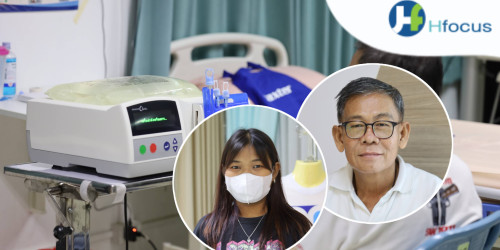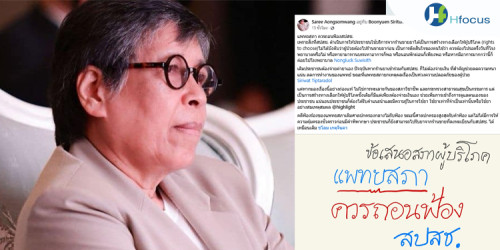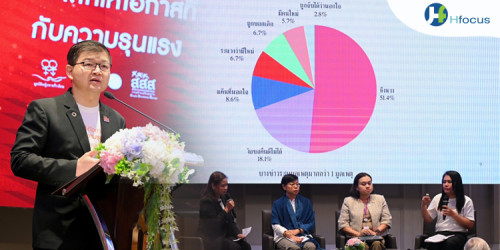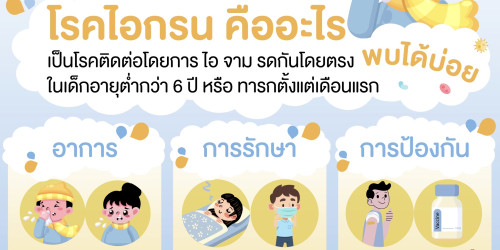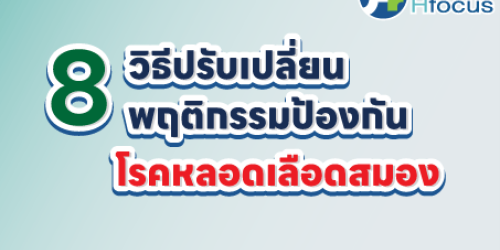When Britain ruled Myanmar in the 19th century,several treaties were signed with Thailand to demarcate the boundary between Thailand and its neighbour.
While this clarified a disputed territory, it left a number of people in border areas stateless, including in Umphang district of Tak province.
Without an official nationality, these stateless hilltribe people have struggled ever since to gain access to state welfare systems, including healthcare.
As a result, most of these people have endured poverty and the spread of diseases such as tuberculosis, cholera and malaria.
On example was a Karen man named Lai Poh, who died of kidney failure in 2011, aged 39.
He lived in a village near the Myanmar border in Tak and was a stateless person most of his life, obtaining a Thai ID card just five months before his death.
Receipt of Thai citizenship allowed Lai Poh to be treated at Umphang Hospital under the government's 30-baht universal health care scheme (UC) as his illness entered its final stages. But it was too late.
His family said Lai Poh did not go to hospital before he received the ID card,as he could not afford to pay for medical services and feared being arrested.
"[Stateless people] can't jump across the wall of money," Umphang Hospital director Worawit Tantiwattanasap said.
"The public health system does not offer space for them."
The Registration Administration Bureau's 2011 records show more than 200,000 stateless people are living in Thailand.
Their limited access to healthcare has resulted in a huge financial burden on border hospitals nationwide which provide them with free treatment out of compassion.
Border hospitals in Tak alone spent 104 million baht treating people from outside the welfare system last year.
At Umphang Hospital, about 55% of inpatients are not members of any healthcare scheme.
The Public Health Ministry's permanent secretary Narong Sahametapat recently promised hospitals in Tak that the government would allocate about 310 million baht to them this year to help relieve their financial burden.
"There is no question the government should establish a universal healthcare system for these people," Supat Hasuwannakit, director of Chana Hospital in Songkhla said.
Dr Supat, who has conducted a study on the healthcare conditions of stateless people, believes health security should not rely on the slow process of nationality verification.
He said Lai Poh's case is an example of a life that could have been saved or prolonged if not for his long wait for treatment.
In 2010, the Democrat-led government approved a fund for a healthcare scheme for around 450,000 people with citizenship problems, including migrant workers, who had registered with authorities.
This also covers around 70,000 stateless people. The fund covers around 1,500 baht per head.
However, very few of these eligible people exercised their rights to the healthcare fund because they did not even realise it existed.
In addition, the scheme allows them to be treated only in hospitals in their registration area, and many of them had moved to work elsewhere since they had registered.
Dr Supat said an annual budget of 716 million baht (approximately 2,000 baht per head), or just 0.66% of the UC's budget, would be enough to cover healthcare services for more than 350,000 stateless people.
However, the problem is not only about money.
Due to poverty and the steep terrain that many tribespeople live in,Umphang's stateless people tend to wait until their ailments reach crisis point before visiting hospitals.
Umphang Hospital staff recalled the case of a man who walked six hours from his village to the hospital to ask for help to relieve a severe toothache.
The condition of his teeth was so bad that a dentist had to spend more than 12 hours working on his mouth.
Umphang Hospital plans to set up mobile clinics and community-based health promotion programmes in remote villages.
Vaccines, basic therapy and dental care are offered to stateless people in a preventative approach to reduce their risk of developing serious health problems, and as a result, higher costs to the hospital.
"It will be too late if we expect them to come to the hospital [before they are treated]," Dr Worawit said."We have no choice. If we wait for funding, the stateless people will never receive healthcare."
Source: Bangkok Post June 24, 2013
- 10 views

